I want to split one big string into smaller parts, so given for example:
"A B C D E F G H I J K L"
I want to get array (String []): [A,B,C,D], [E,F,G,H], [I,J,K,L]
Is there any regex for that or I need to do that manually so first to split every space and then concat every N words. ??


